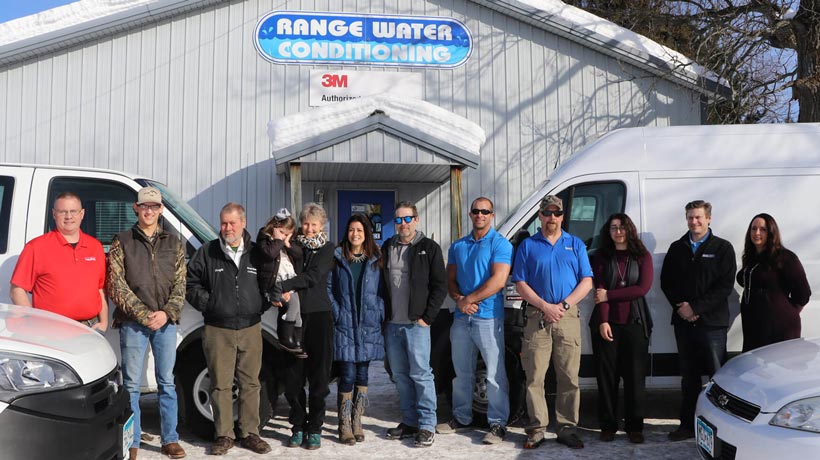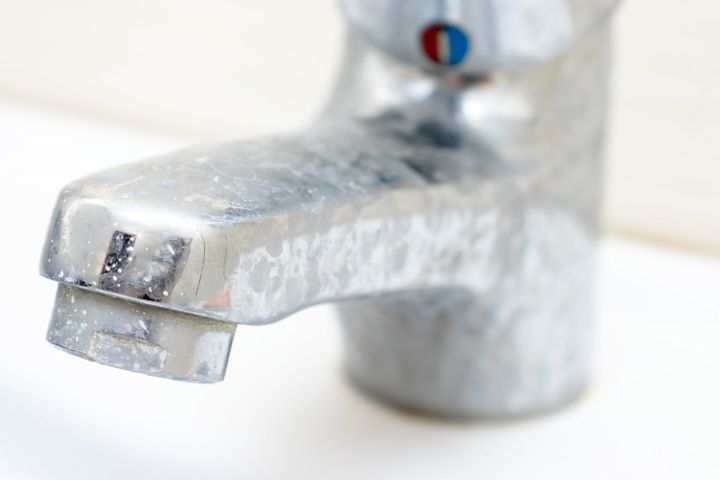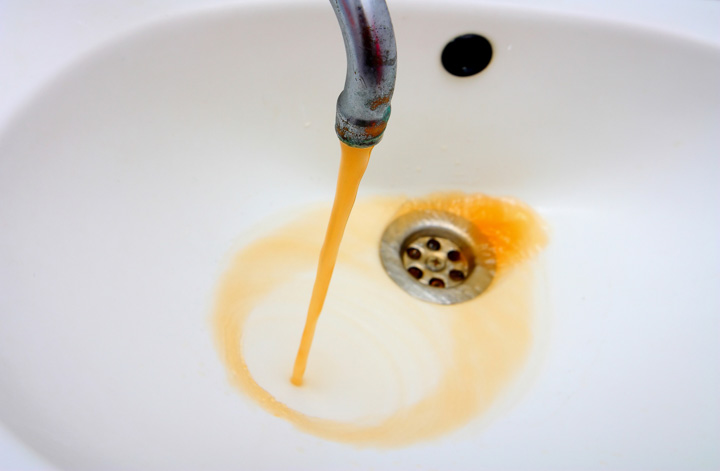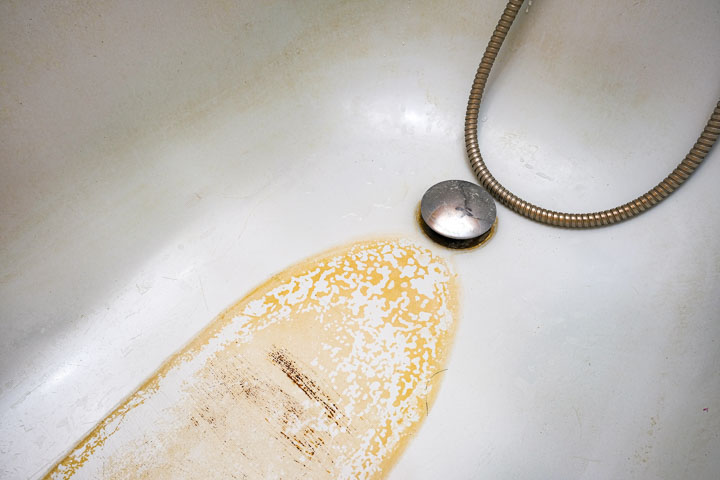Water Testing
Testing your water should be done regularly to find out if there are any dangerous contaminants in your drinking water. It’s important to ensure that your water is safe for it’s intended use, especially when it’s used for drinking by humans or animals.








